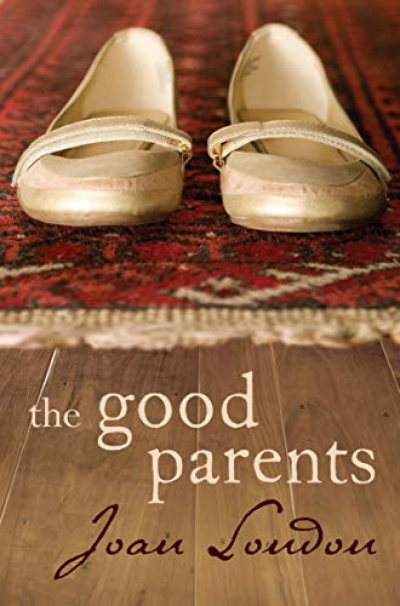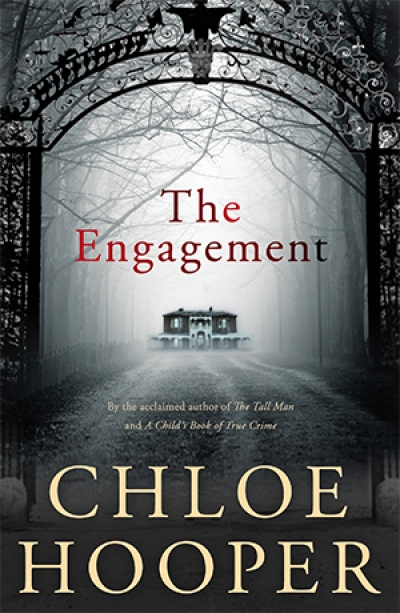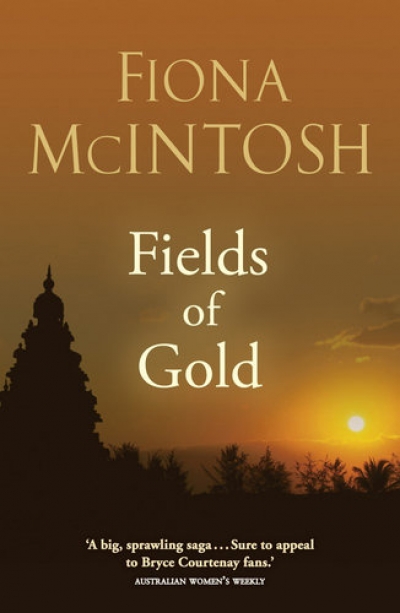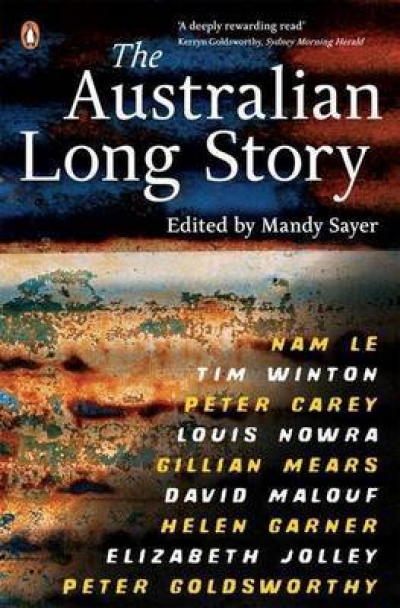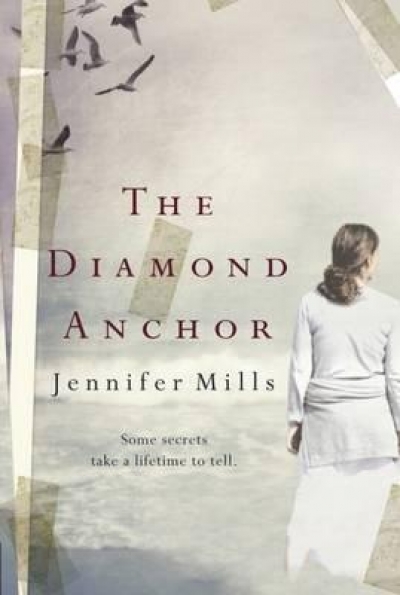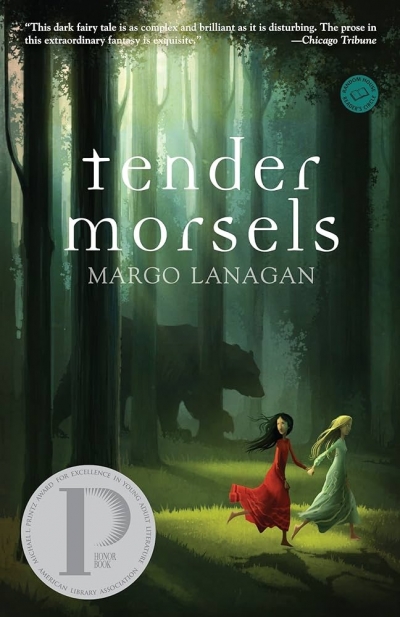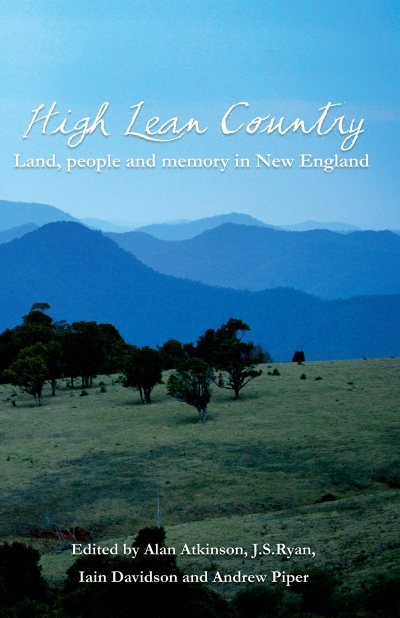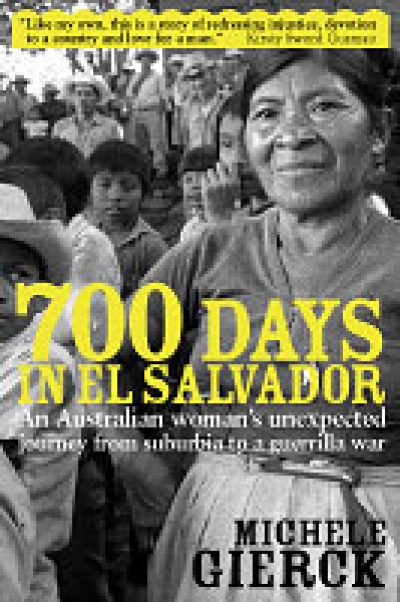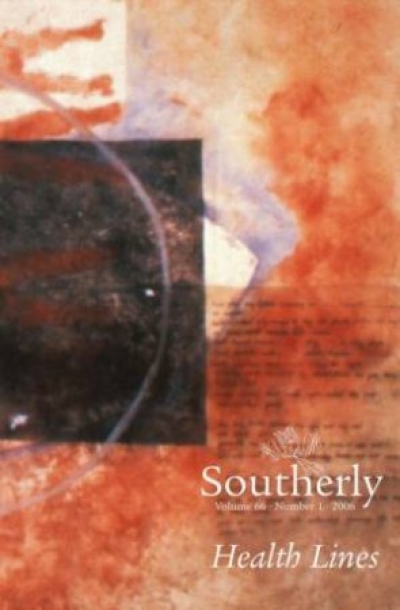One of the things I am often called on to do as a bookseller is to make recommendations, particularly when it comes to fiction. This involves making a judgement about what a customer wants from a book, rather than what a book may want from its reader. Many readers declare from the outset that all they want from a novel is a good story they can escape into. They happily admit that they don’t want to be challenged, don’t want to work for their enjoyment.
This is the frequently offered rationale for mass-market fiction: pure escapism. It exists to entertain, not to edify. Hackneyed storylines and wooden dialogue don’t matter, so the argument goes; all that does matter is giving people the kind of uncomplicated enjoyment they crave. The writing might not be stylish, but neither is it pretentious. Fair enough, perhaps. If you are the kind of reader who sees nothing wrong with lines such as ‘a fresh spike of fear gripped him’ or ‘there was only one way to heal his thirst for revenge’ or ‘Iris has always been blindly attracted to people who don’t fit the mould’, then criticism of this book is probably redundant. If, however, mixed metaphors, clichés and melodramatic flourishes make you cringe, be warned that Fiona McIntosh’s Fields of Gold is full of them.
...
(read more)

